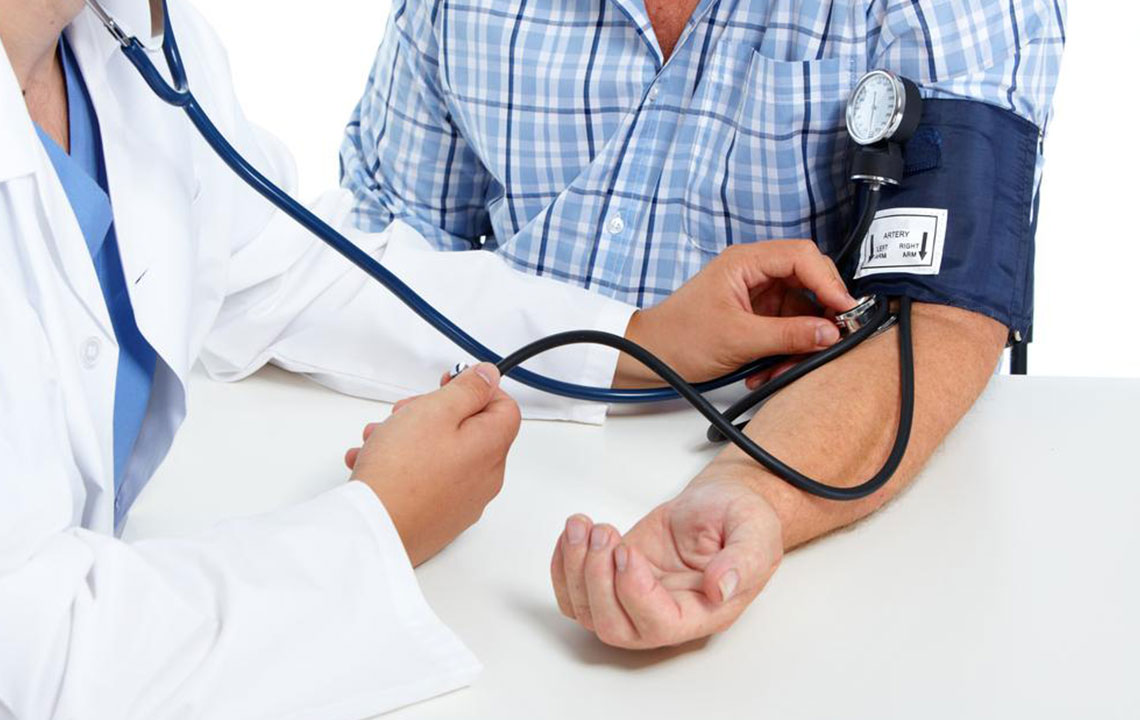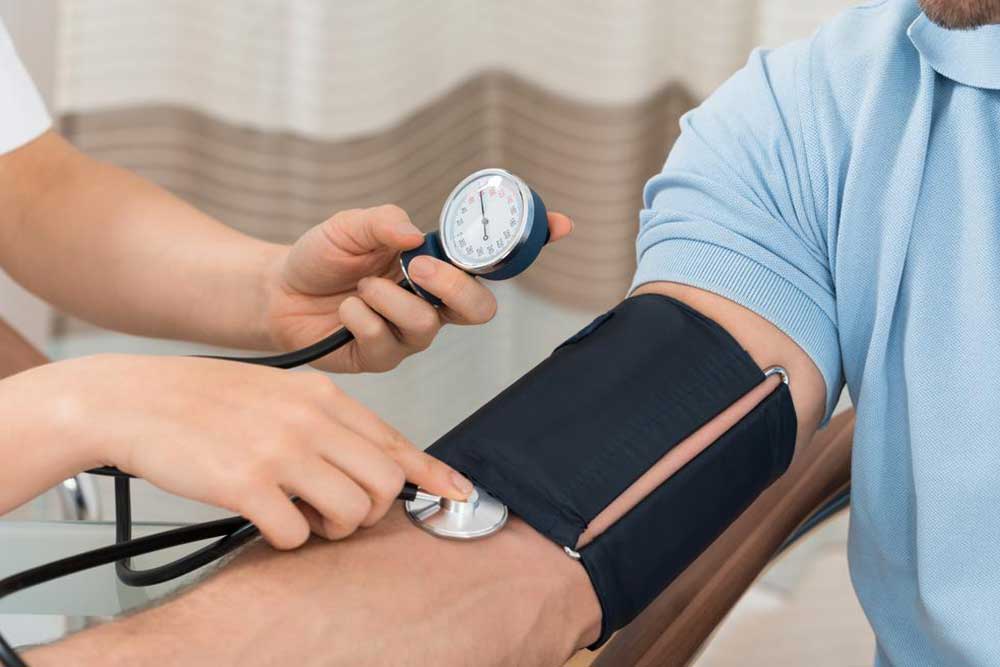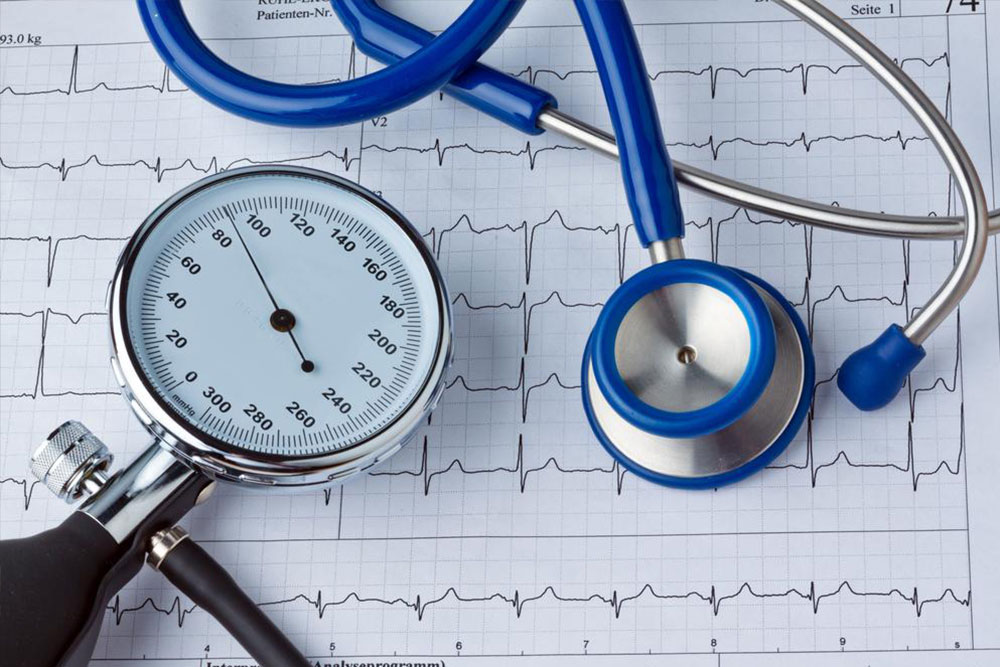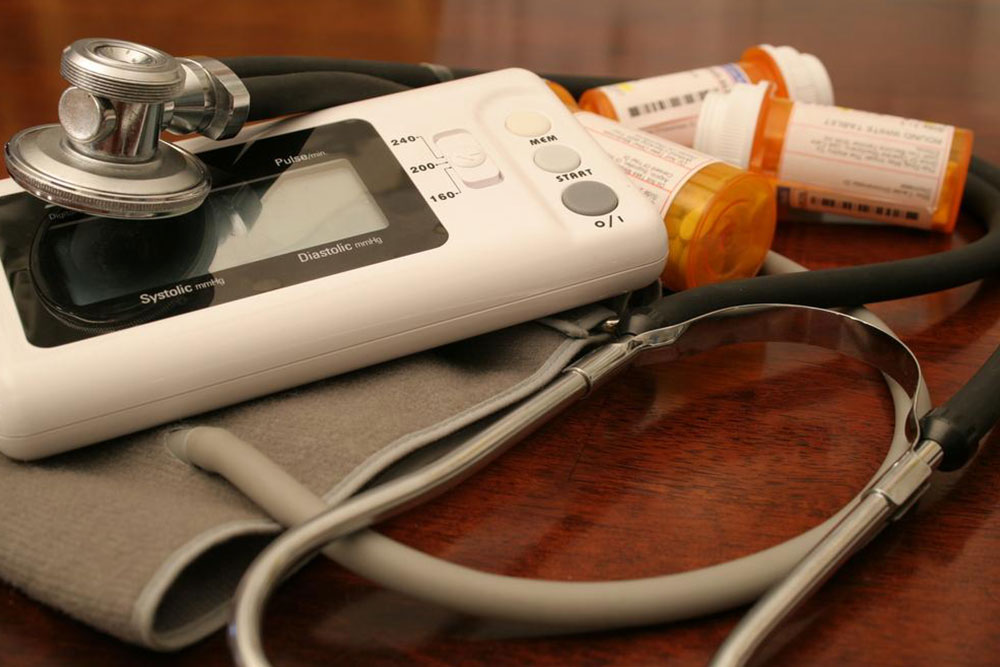Comprehensive Guide to Managing and Lowering High Blood Pressure Naturally
Managing high blood pressure effectively involves lifestyle adjustments such as healthy eating, regular exercise, and stress management. This comprehensive guide highlights the importance of diet, weight control, sodium reduction, and medical consultation to prevent serious health risks like heart disease and stroke. Discover practical strategies to lower blood pressure naturally and improve cardiovascular health, especially for those over 30. Proactive management and routine monitoring are essential for maintaining optimal blood pressure levels and ensuring long-term wellness.

Proven Strategies to Control Elevated Blood Pressure and Improve Cardiovascular Health
High blood pressure, medically known as hypertension, is a prevalent health concern affecting millions worldwide. Defined by sustained readings exceeding 140/90 mm Hg, hypertension poses significant risks if left unmanaged. It substantially increases the likelihood of developing heart disease, stroke, kidney failure, and other serious health complications. Maintaining blood pressure within the optimal range of approximately 120/80 mm Hg is vital for overall well-being and longevity. Individuals over the age of 30, especially those leading sedentary lifestyles or with unhealthy eating habits, are particularly vulnerable to developing hypertension.
Understanding the root causes of high blood pressure is crucial for effective management. Hypertension results from a mix of genetic, environmental, and lifestyle factors. Common contributors include poor dietary choices such as excessive salt intake, sedentary habits, obesity, chronic stress, alcohol consumption, smoking, and inadequate sleep. Identifying these triggers empowers individuals to take targeted actions to control their blood pressure levels effectively.
Adopting a comprehensive, healthy lifestyle is the cornerstone of hypertension management. First and foremost, weight management plays a vital role; reducing excess body weight alleviates pressure on the cardiovascular system and significantly lowers blood pressure levels. Incorporate a nutrient-rich diet emphasizing fruits, vegetables, whole grains, lean proteins, and healthy fats. Limiting processed foods, fried items, sweets, and snacks high in saturated fats is essential to promote heart health.
Reducing sodium intake is one of the most effective dietary modifications. High salt consumption can elevate blood pressure; therefore, reading food labels and choosing low-sodium options is advisable. Additionally, moderating alcohol intake contributes positively, as excessive alcohol consumption is linked to increased blood pressure. Engaging in regular physical activity—such as brisk walking, swimming, or cycling—strengthens the heart, improves blood circulation, and helps maintain healthy blood pressure levels.
While lifestyle changes are fundamental, consultation with healthcare professionals is indispensable for personalized guidance. Doctors may prescribe antihypertensive medications if necessary but emphasize that medications should complement lifestyle modifications. Routine blood pressure monitoring allows for early detection of fluctuations, enabling timely interventions before complications arise. neglected hypertension can lead to severe outcomes, including heart attacks, strokes, and kidney damage, underscoring the importance of proactive management.
Implementing these strategies consistently can significantly lower blood pressure, reduce the risk of associated diseases, and enhance overall quality of life. Embrace a balanced diet, stay active, manage stress effectively, and work closely with medical providers to maintain optimal blood pressure levels for a healthier future.





